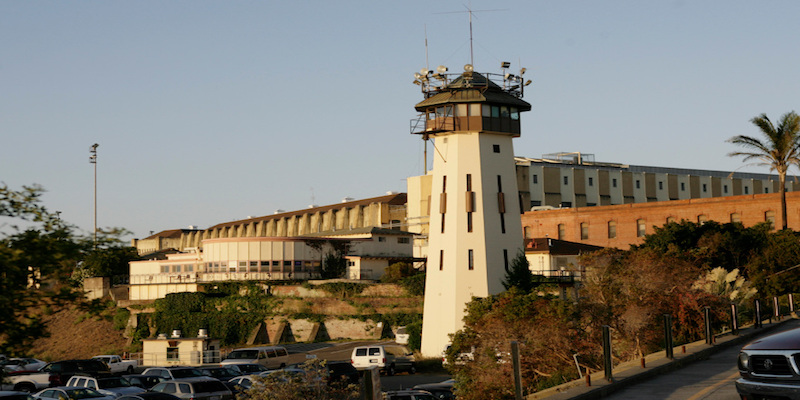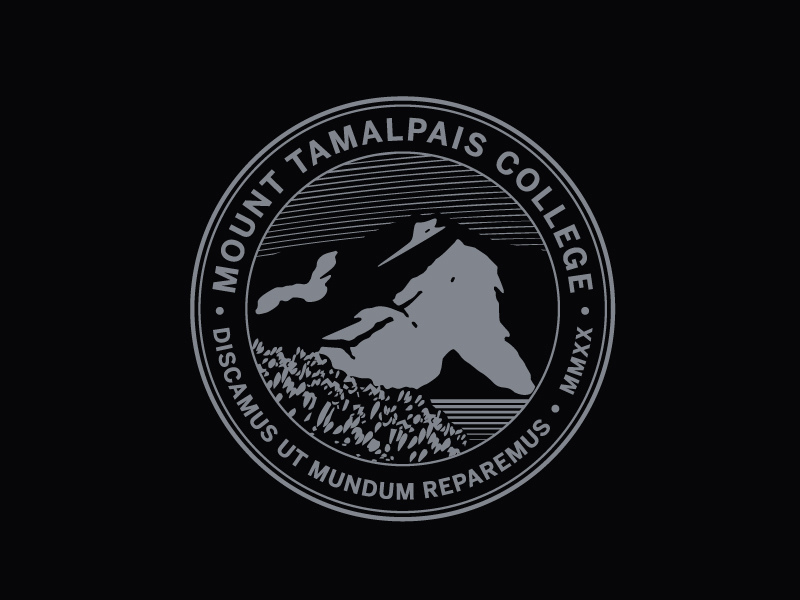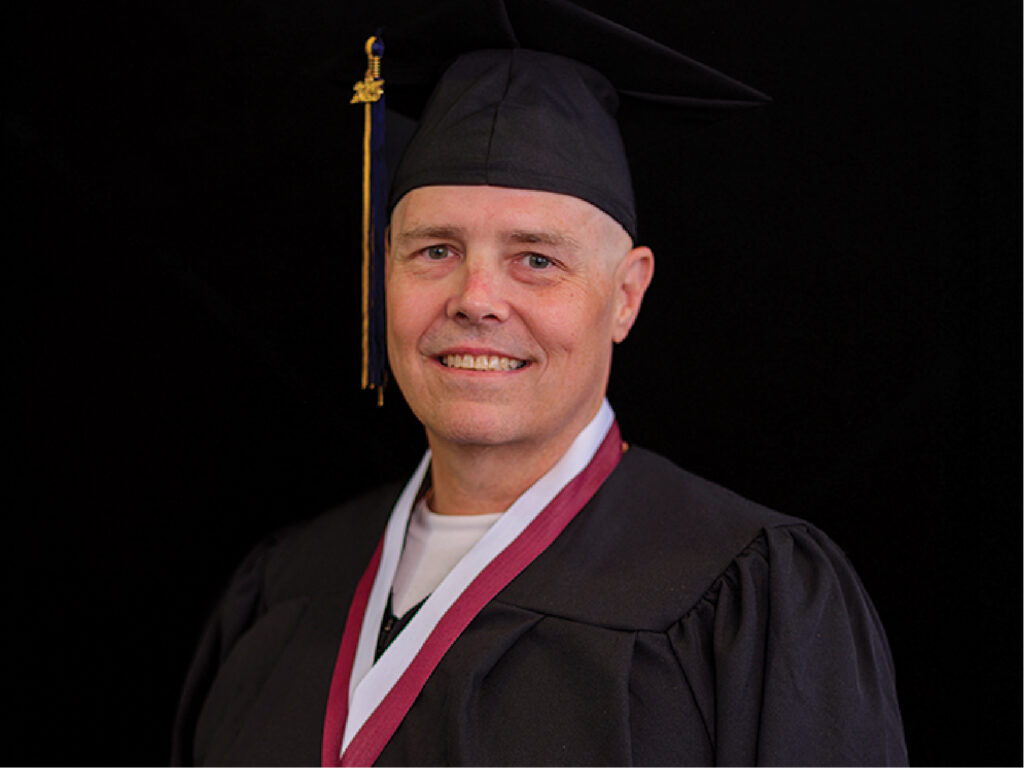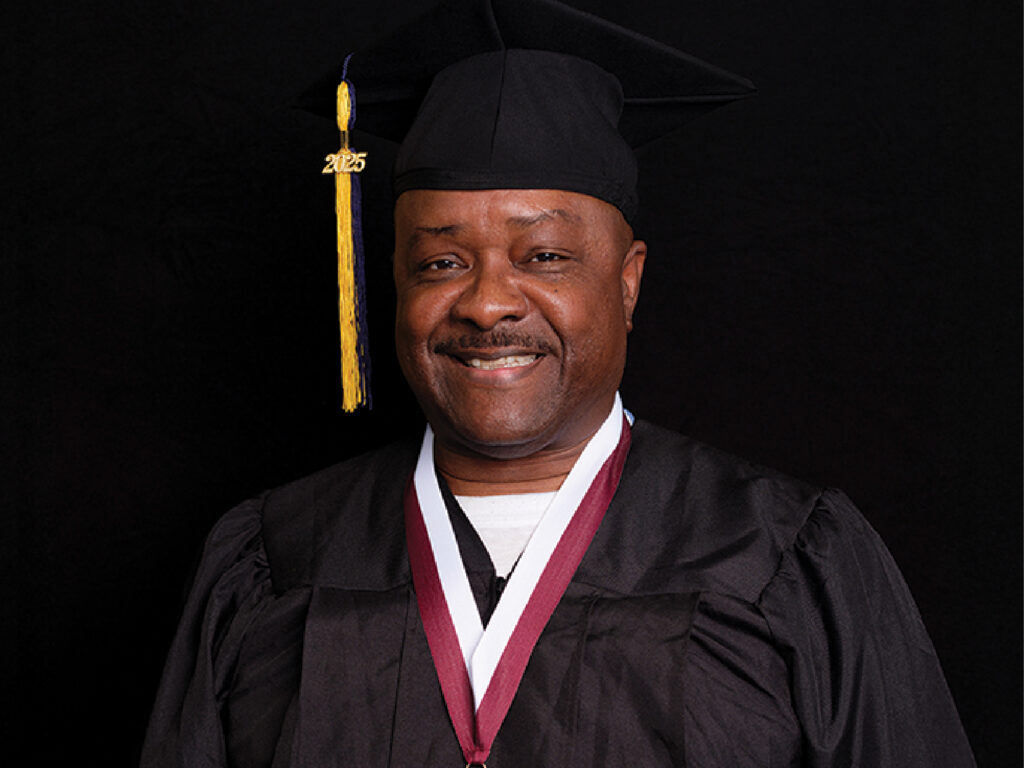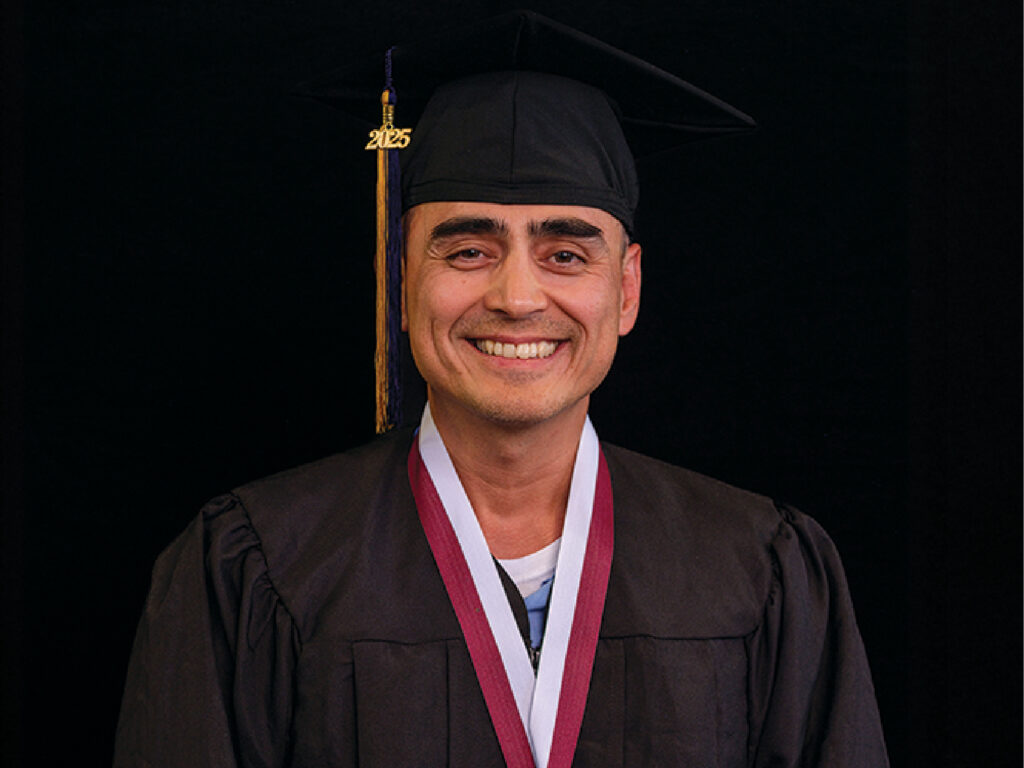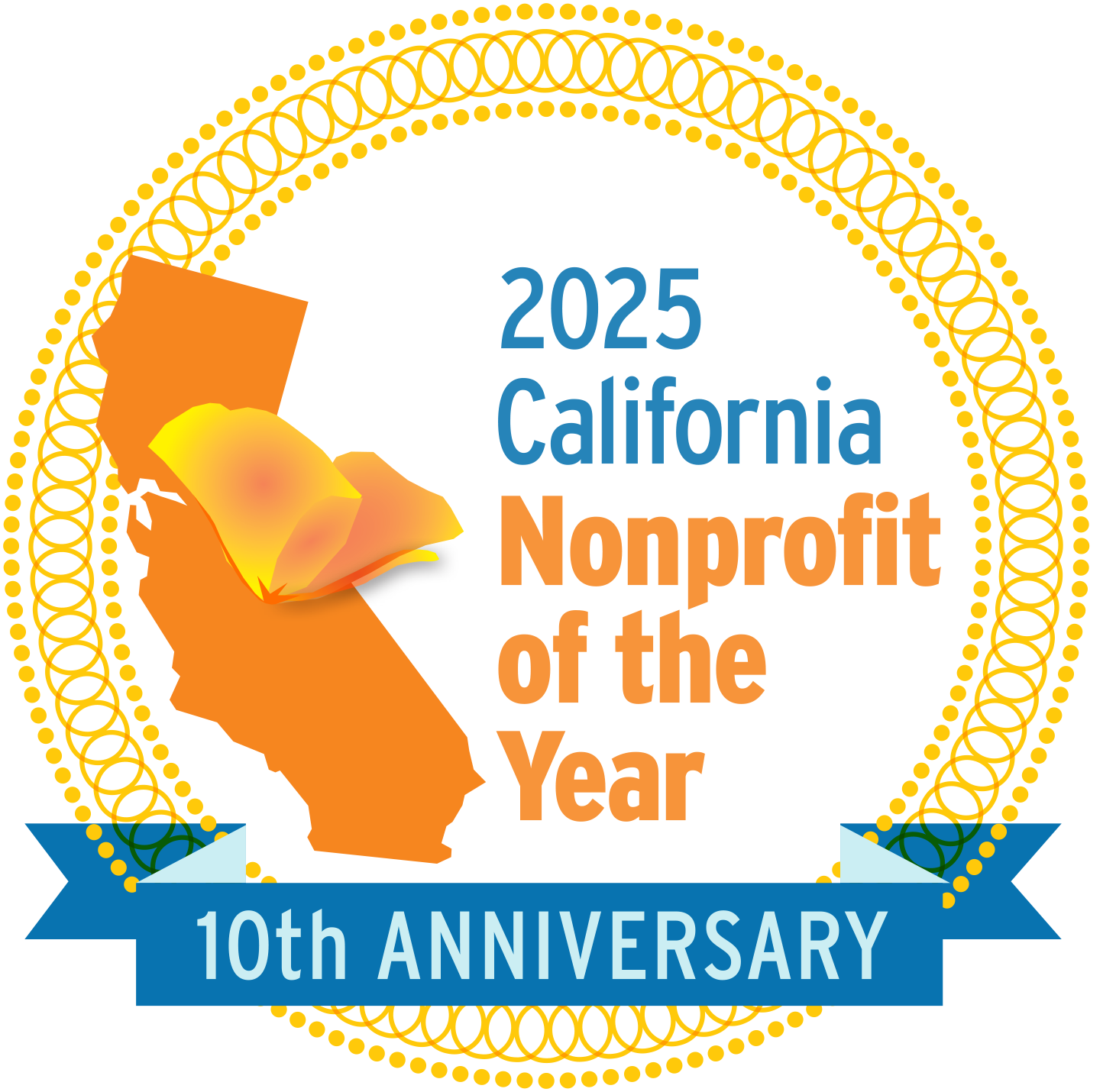In November, 64 percent of California voters passed a proposition to allow early parole for qualifying non-violent offenders. But Proposition 57 also permits accelerating parole for prisoners who committed violent crimes by giving more good-time credits for exceptionally good behavior.
Some fear that paroling reformed violent offenders will increase violent crime rates, but the people the proposition would affect can actually reduce violence. They can reach youth caught in cycles of violence and save them.
When I was 19 years old, a violent felon saved me. He was a skeletal man in his 50’s with fingertips that were blunt and burned from hard labor and the hot glass of crack pipes. He’d been a high-ranking militant and former prison hit man decades ago.
I was a depressed teenager with father issues facing 67 years to life for two violent felonies. I would’ve made a perfect soldier. Instead of recruiting me, he spent nights in our cell convincing me to never join a prison gang. He stripped the romanticism from gang life and showed me that I would never find the love I wanted in a gang. I listened to him because he barely knew me, but he loved me.
Legislators meet this month about how Proposition 57 can cost-effectively reduce prison overcrowding while maximizing society’s safety. When they meet, they should remind themselves why Alcoholics Anonymous succeeds.
Recovering alcoholics make passionate and effective proselytizers for sobriety. Love born of empathy exists between recovering alcoholics and alcoholics who have not yet started AA. The same phenomenon operates in people sentenced to indeterminate terms, like 25 years to life — we call them lifers — who committed violent crimes in the past but have reformed.
I’ve dedicated my life to stopping violence, and I learned that dedication from violent felons. They taught me that my violence as a teenager stemmed from unresolved traumas I experienced as a child. I took classes taught by violent felons to learn how to help other incarcerated people stop their cycles of violence. And it works. Often the men who’ve found healing show the same urgency to pay it forward as I feel.
Most lifers become eligible for parole after a fixed term like 25 years. The corrections department reported that of the lifers released in the 2009- 2010 fiscal year, 0.3 percent returned to prison for new felonies. Compare this to the national recidivism rate of 60 percent. It’s clear that reformed lifers are the safest people to release.
Given that California is obligated under federal court order to stop deadly prison overcrowding, why not release people with passion and life experience to decrease violent crime? Imagine the social transformations that would be possible.
Actually, you don’t have to imagine. Several reformed lifers have been paroled and they’re changing their communities. For example, Malachi Scott was paroled in 2013, and today he’s leading restorative justice groups, teaching empathy and responsibility for one’s community in the Bay Area.
There are many lifers like Scott ready to serve. Under Prop 57, they’re eligible for 20 percent time reduction credits while other prisoners are eligible for 50 percent time credits.
I ask that legislators take steps to give these people back to their communities by making violent offenders eligible for Prop. 57’s 50 percent time reduction credits and by applying the credits retroactively. I ask that readers contact their local representatives and ask them to extend 50% time credits to people like me.
Attribution: This article originally appeared in The Mercury News on April 24, 2017.
Read Story
